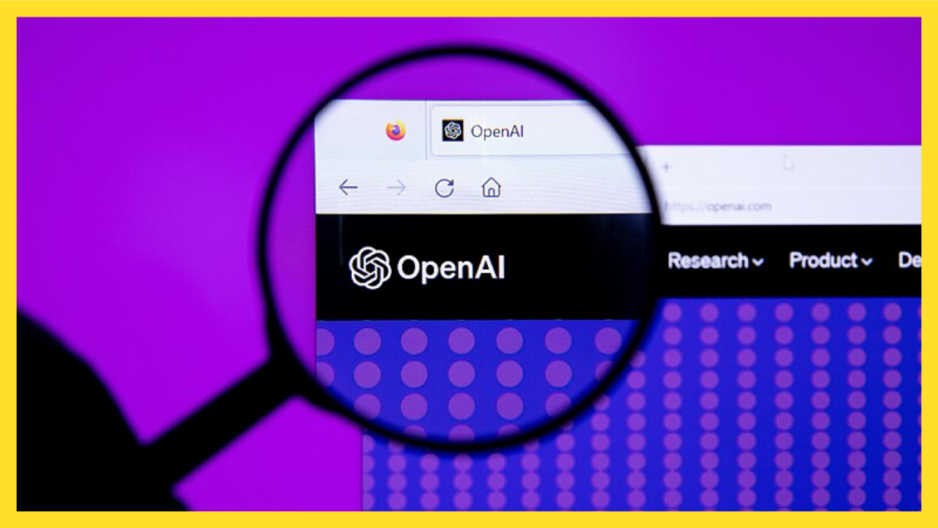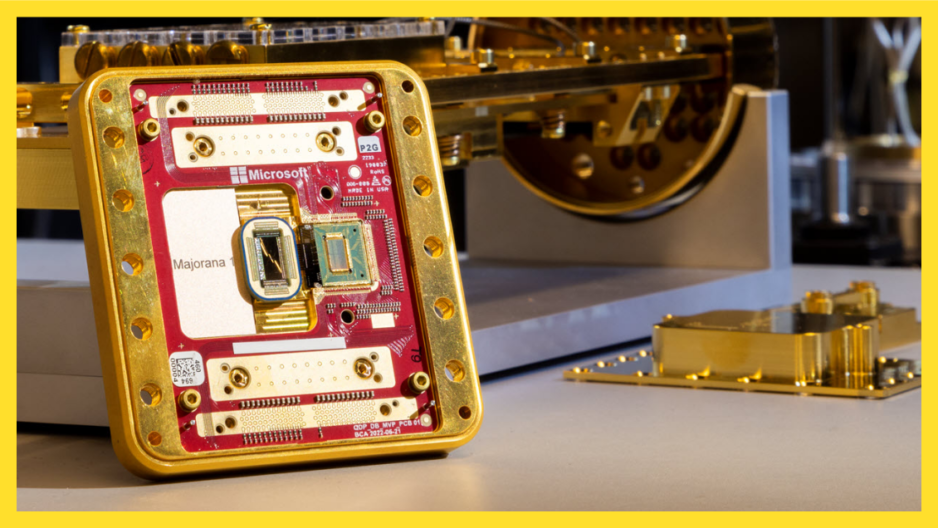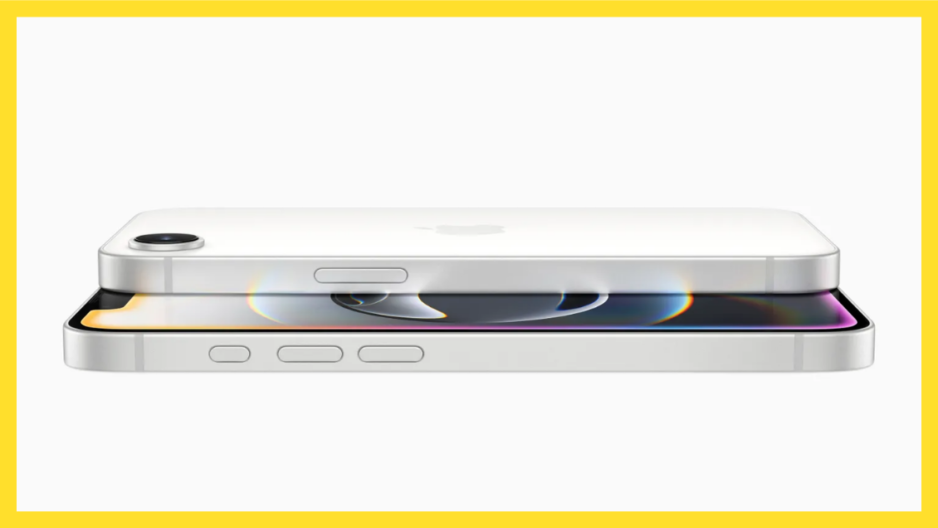Australia’s just banned government officials from using Kaspersky software, calling it a security risk tied to Russian interference. They’ve got until April 1 to ditch it from all systems. This follows the U.S., Canada, and U.K.—all Five Eyes pals—cracking down too. Kaspersky’s already pulling out of the U.S. and U.K., and didn’t comment here. Yikes!
Read more on TechCrunch










